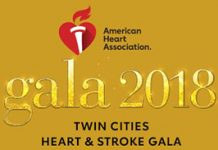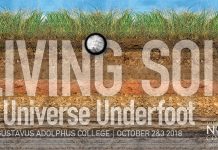Minnesota is rich with artistic talent. In the Twin Cities alone we have an incredible number of theaters, music venues, museums, and other spaces dedicated solely to art and its creators. One such artist is Robert Bly, Minnesota’s first poet laureate. Bly was born December 23, 1926, in Madison, Minnesota. He attended Harvard University and received his M.A. from the University of Iowa in 1956. Through his work as a poet, editor, and translator, Bly has profoundly impacted the shape of American poetry. Here, two of his poems.
Driving West in 1970
Poetry, April 1999
My dear children, do you remember the morning
When we climbed into the old Plymouth
And drove west straight toward the Pacific?
We were all the people there were.
We followed Dylan’s songs all the way west.
It was Seventy; the war was over, almost;
And we were driving to the sea.
We had closed the farm, tucked in
The flap, and were eating the honey
Of distance and the word “there.”
Oh whee, we’re gonna fly
Down into the easy chair. We sang that
Over and over. That’s what the early
Seventies were like. We weren’t afraid.
And a hole had opened in the world.
We laughed at Las Vegas.
There was enough gaiety
For all of us, and ahead of us was
The ocean. Tomorrow’s
The day my bride’s gonna come.
And the war was over, almost.
Waking from Sleep
Silence in the Snowy Fields, 1962
Inside the veins there are navies setting forth,
Tiny explosions at the waterlines,
And seagulls weaving in the wind of the salty blood.
It is the morning. The country has slept the whole winter.
Window seats were covered with fur skins, the yard was full
Of stiff dogs, and hands that clumsily held heavy books.
Now we wake, and rise from bed, and eat breakfast!
Shouts rise from the harbor of the blood,
Mist, and masts rising, the knock of wooden tackle in the sunlight.
Now we sing, and do tiny dances on the kitchen floor.
Our whole body is like a harbor at dawn;
We know that our master has left us for the day.






